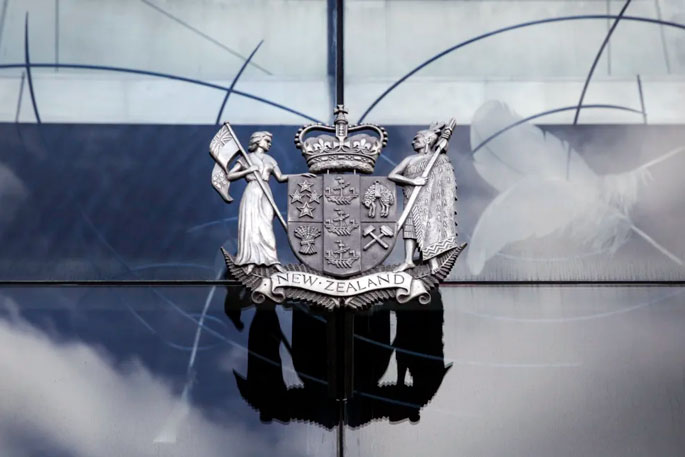The High Court is not saying whether it will follow the District Court in setting new targets around how long cases should take to be completed.
Chief District Court Judge Heemi Taumaunu published the new guidelines last week.
He wants 90 per cent of criminal cases disposed of within the timeframes, depending on the seriousness of the charges.
When asked whether the High Court is considering a similar move, Chief High Court Judge Sally Fitzgerald says it doesn't have published case-length targets, but is continuously looking at ways to improve timely access to justice.
"The High Court's judicial management committee is continuously monitoring and assessing the volume and timeliness of proceedings moving through the High Court, by reference to a range of measures."
There are "a number" of initiatives in place to speed up the system, she says.
These include guidelines introduced last year which aim to reduce the number of criminal trials adjourned because of delays in disclosure.
"Indications so far are that the Practice Note is having a positive impact, and is also providing a forum in which other matters can be raised and addressed ahead of trial."
This year, a group of experienced judges is looking closely at the court's rostering and scheduling practices, and how commercial proceedings are managed - work which is expected to continue over the next few months.
A new case management system in the court's civil jurisdiction is also helping to identify cases amenable to early settlement.
Justice Fitzgerald says much of the High Court's work involves reserved judgments, where a judge delivers their decision at a later date.
The court does have a target for how long this takes, aiming for 90 per cent delivered within three months of the last hearing.
"The High Court's judgment delivery times are excellent," the justice says.
"In 2023, 91.4 per cent of civil judgments were delivered within three months of hearing. In the criminal jurisdiction, 94 per cent of criminal judgments were delivered within one month of the hearing, and 99 per cent were delivered within three months of the hearing."
However, she notes the court is constrained by the number of judges and courtrooms available and, like its District Court counterpart, also relies on the wider justice system.
The High Court also deals with the most serious criminal charges - including murder, manslaughter and attempted murder, as well as serious sexual, drug and violent offending.
"The seriousness and complexity of the charges tried in the High Court means prosecution and defence lawyers usually require a minimum of 12 months to be ready for trial," Justice Fitzgerald says.
"Issues or constraints in one part of the system can and often do impact the progression of a court proceeding through the High Court. For this reason, the High Court judges work with justice sector and other agencies, such as Corrections, Police, the Ministry of Justice, Te Whatu Ora, and various legal profession organisations, to try to find ways to improve the timeliness of court proceedings."



0 comments
Leave a Comment
You must be logged in to make a comment.